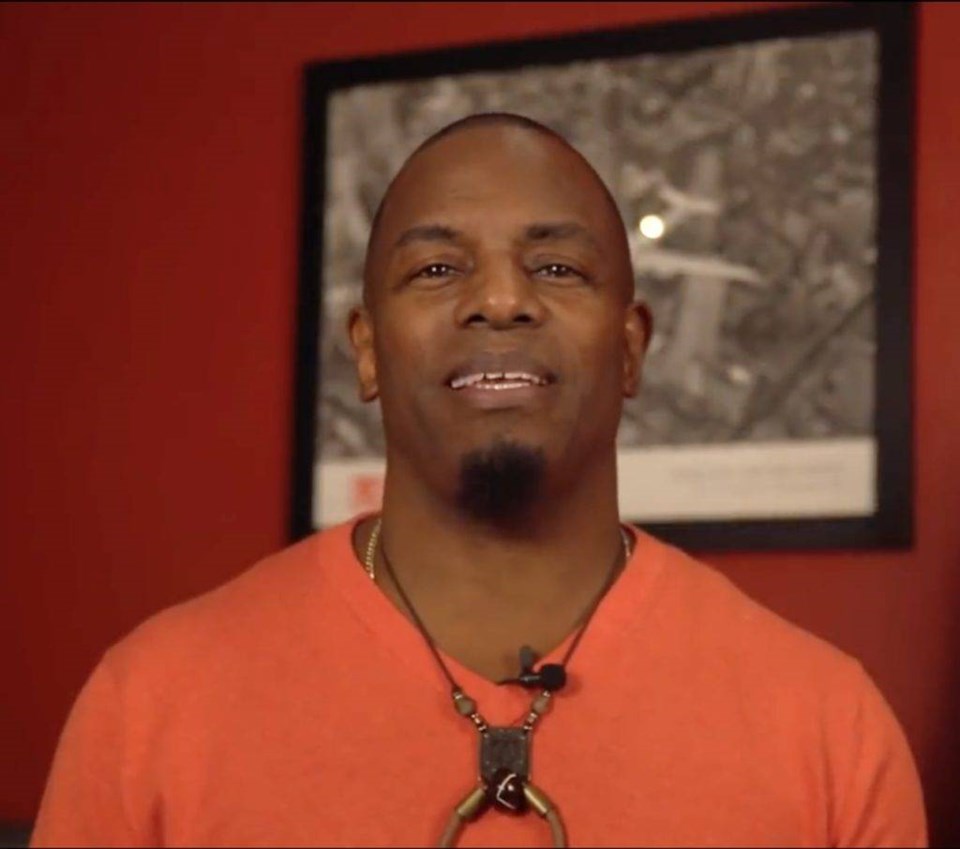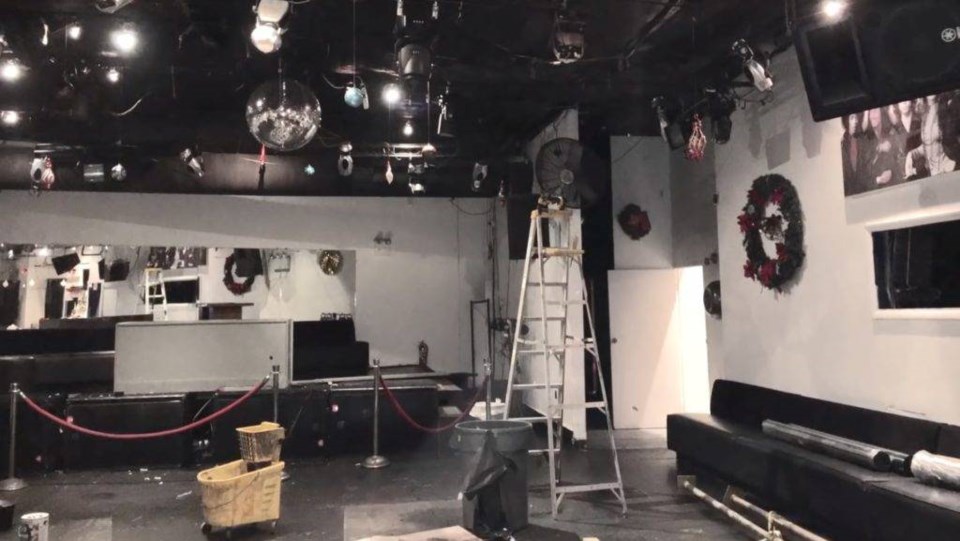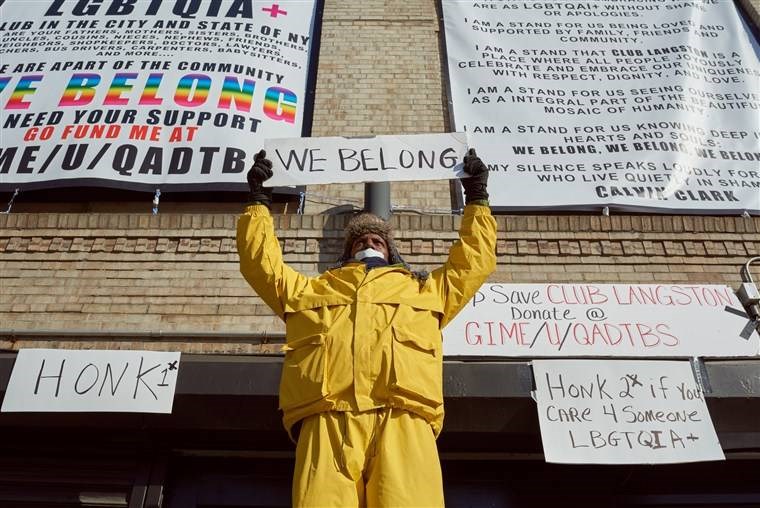Bed-Stuy's LGBTQ venue Club Langston, named in homage to the famous writer Langston Hughes who was rumored to be gay, is fighting for its survival, reports NBC.
The club, located on 1073 Atlantic Avenue, is the last black-owned LGBTQ club in New York City, according to its owner Calvin Clark who opened the venue with his business partner Eryk Albury in 2001.
Rent increases, taxes and business code-violations are now threatening the bar's existence, for which Clark takes responsibility, he said. But he also cites the Bed-Stuy's gentrification and its bi-products as important factors.
"The rapid transition of Bed-Stuy, as well as taxes, rent, the violations and other costs increased significantly over an extremely short timeframe, a risk to most small business," Clark said.
Since the end of last year, the club has been officially closed. If Clark and Albury do not raise $73,000 by March 1, the doors may remain shut forever. They have launched a GoFundMe campaign in hopes to save Club Langston.

"We have created a safe space where members of LGBTQIA+, especially of color, could freely enjoy themselves," wrote Clark on the fundraising page. "Over the past 18 years, we've evolved to become a space where everyone could enjoy a drink, leaving their worries on the dance floor. Our patrons became our family and our neighborhood, a cherished community."
One of Langston's DJs, Gary Newton aka DJ Smoove, said it's been a difficult loss to cope with, because "there are no other places like it."
"Most of the clubs in the city don't really cater to black LGBTQ people," said DJ Smoove. "They put the black people downstairs and play Latin music or EDM, but not hip-hop and R&B."
As a black-owned, LGBTQ business, Club Langston gave gay black men a "safe space," especially for black Caribbean people, added DJ Smoove, who is Jamaican-American.
Club Langston is not only a well-known hub for parties and celebrations like Brooklyn Pride, Black Pride and NYC Pride, it is also a space for the community to gather, organize and fundraise for causes and campaigns. Also, on some nights, guests could get tested for STDs and HIV thanks to the club's partnerships with sexual health organizations.
"People who don't have anyone to talk to about finding out their HIV-positive talk to Eryk or me," shared Clark.
Club Langston's importance for the community doesn't change the fact that it needs the funds to reopen, which also includes money to do much-needed repairs, new walls and bathroom to remedy the business-code violations the club acquired, explained Clark.

Still, he added, he actually embraces the issue as an opportunity to upgrade the location, give the exterior a much-needed makeover and increase what they are able to offer our community with a possible upstairs lounge. That is, after the violation codes and repairs are covered.
"This club can be the best it's ever been," he wrote on the club's fundraising page. "If each person contributes at least $20, $40, $100 or more toward our goal of $73,000 we can solidify our continued presence as a haven for those who are often underserved and overlooked by other nightlife locations, especially in Brooklyn."
Clark hopes to be back in business for World Gay Pride day which this year will take place in New York City, as well as for the 50th anniversary of the Stonewall Riots.
If you wish to support Club Langston, visit the GoFundMe page.




